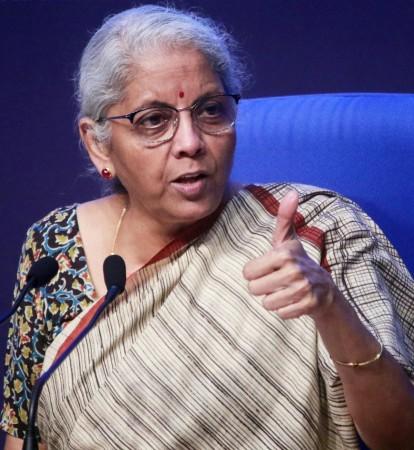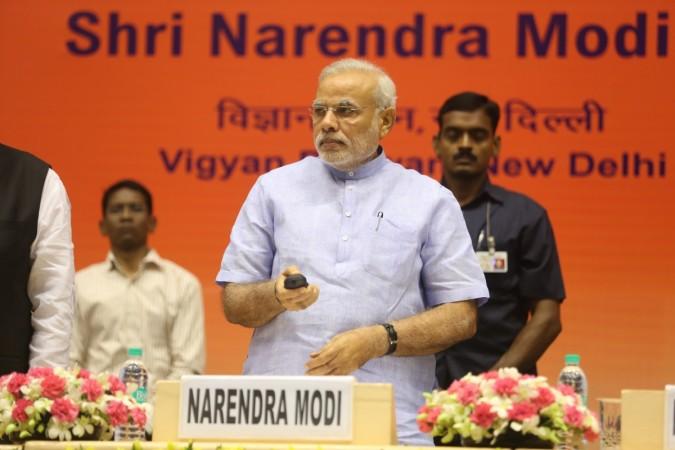
The Pradhan Mantri Jan Dhan Yojana (PMJDY), launched by Prime Minister Narendra Modi on August 28, 2014, has been hailed as the world's largest financial inclusion scheme. With over 53.14 crore beneficiaries and total deposit balances amounting to Rs 2,31,236 crore, the scheme has made significant strides in integrating the economically marginalized into the mainstream. The PMJDY scheme has seen a 3.6-fold growth in accounts from 15.67 crore in March 2015 to 53.14 crore as of August 14, 2024. This exponential growth is a testament to the scheme's success in reaching the unbanked population, providing them with access to formal banking services, and promoting financial inclusion.
Union Finance Minister Nirmala Sitharaman emphasized the transformative impact of the PMJDY scheme on the country's banking and financial landscape. She noted that the scheme has played a crucial role in the development of marginalized communities by integrating the poor into the economic mainstream. The scheme has garnered a deposit balance of Rs. 2.3 lakh crore and resulted in the issuance of over 36 crore free-of-cost RuPay cards, which also provide for a Rs 2 lakh accident insurance cover. The PMJDY scheme provides one basic bank account for every unbanked adult, with no requirement to maintain a minimum balance or pay account opening fees or maintenance charges. Account holders are also eligible for an overdraft of up to Rs 10,000 to cover exigencies, further enhancing the scheme's appeal to the economically disadvantaged.
The Finance Minister noted that 67 per cent of the accounts have been opened in rural or semi-urban areas, and 55 per cent of accounts have been opened by women. This indicates the scheme's success in reaching the most vulnerable sections of society and promoting gender equality in financial inclusion. The PMJDY scheme, along with the Jan-Dhan Aadhaar and mobile (JAM) trinity, has proven to be a robust mechanism for subsidy delivery, eliminating the need for middlemen and ensuring that subsidies/payments reach the intended beneficiaries seamlessly. The scheme has also facilitated the growth of digital transactions, contributing to the government's vision of a less-cash economy.

The PMJDY scheme's success can be compared to similar financial inclusion initiatives globally. For instance, the M-Pesa mobile money transfer service in Kenya has been instrumental in promoting financial inclusion among the unbanked population. Similarly, the Grameen Bank in Bangladesh has been successful in providing microcredit to the poor, particularly women, promoting financial inclusion and empowerment.
PMJDY scheme has made strides in promoting financial inclusion in India. By providing universal and affordable access to formal banking services, the scheme has integrated the poor into the economic mainstream, empowered women, and promoted the growth of digital transactions. As the scheme continues to evolve and expand, it is poised to play an even more critical role in India's journey towards inclusive growth and development. The success of PMJDY is a testament to the power of innovative policy-making in transforming lives and building a more inclusive and equitable society.

















